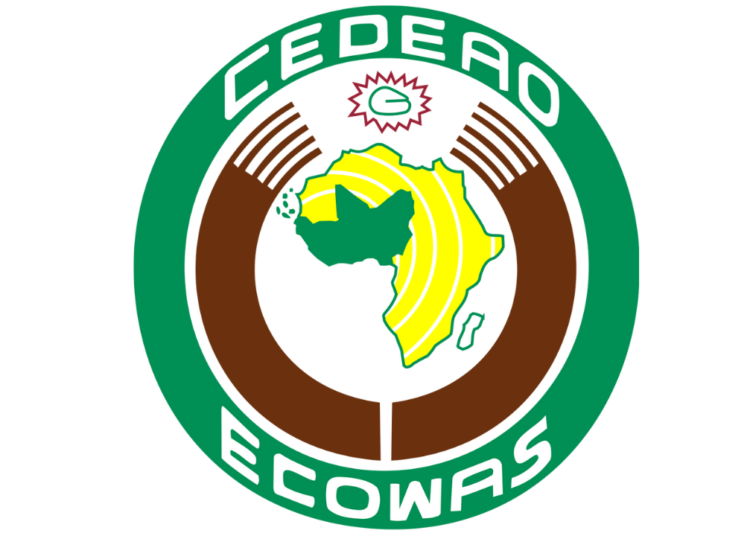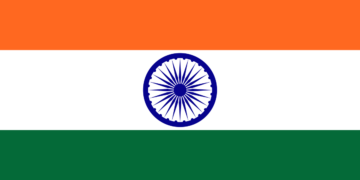Top officials during the joint consultation meeting between the African Union (AU) Peace and Security Council (PSC) and the ECOWAS Mediation and Security Council (MSC) at the ambassadorial level on Wednesday in Abuja
The Economic Community of West African States (ECOWAS), the African Union (AU) and other partners are making concerted efforts to end terrorism, violent extremism and unconstitutional change of government (UCG) within the West African sub-region and the entire continent.
This was the crux of the joint consultation meeting between the African Union (AU) Peace and Security Council (PSC) and the ECOWAS Mediation and Security Council (MSC) at the ambassadorial level on Wednesday in Abuja as the regional organizations work to create a mechanism for a unified response to these scourges.
During the meeting, Nigeria’s Permanent Representative to ECOWAS, Ambassador Musa Nuhu, who is the Chair, ECOWAS Mediation and Security Council, said “the security landscape in Africa is a dynamic one, constantly presenting new complex threats, from terrorism and violent extremism to unconstitutional changes of government. These challenges demand a unified response that goes beyond our national boundaries and requires collective efforts.
“We have terrorism, we have violent extremism, and we have unconstitutional change of government. So, all these points are areas that we have to ensure that we collaborate, synergize our work to ensure that we combat all of these scourges we now have on the continent.”
Also speaking during the meeting, the ECOWAS Commissioner for Political Affairs, Peace and Security, Ambassador Abdel-Fatau Musa revealed the root causes of terrorism and violent extremism, which he said are homegrown and sometimes backed and sponsored by external forces.
He said “There are homegrown terrorists like for example when Boko Haram started in Nigeria; some of the terrorist groups in Mali are local. But much of the movement of terrorism in the Sahel particularly from the northern part of Africa started first with the mismanaged electoral process in Algeria in the 1990s. That was the first when the Islamic Salvation Front (FIS) won elections and they were denied.
“Many of them went into the Sahel and formed the nucleus of what we have today such as the Islamic State in the Greater Sahara. Then the second was the external influence into the Sahel, following the assassination of Muamar Gadhafi in Libya, this is because many of the Tuareq rebels were within what we call Gadhafi’s Africa’s legion.
“So, once Gadhafi’s government collapsed, they had nowhere to go but to move to the Sahel, that was when we started having terrorism in the country.”
The AU Commissioner for Political Affairs, Peace and Security, Ambassador Bankole Adeoye, during the meeting said there is no justification for terrorism, adding that the AU, ECOWAS and all the regional bodies are really addressing the root causes.
He said, “One of the enablers of the terrorism is sponsorship and financing mainly from external sources and in some cases local sources. Therefore we need an effective financial intelligence system that really looks at the global picture and works with the UN office on counter terrorism.
“We are addressing this because it is necessary to nip in the bud the financing of terrorism. Once you cut off their life line, most of the terrorists will not be able to survive.”
In her remarks, Permanent Representative of The Gambia to the AU and Chairperson of the Peace and Security Council, Jainaba Jagne, who is a co-chair of the event, said “the West African region is the most affected by the scourge of terrorism and violent extremism on the continent in terms of attacks, deaths and casualties.
The factors that drive terrorism and violent extremism in Africa are legion. One of the root causes is a bad governance system which produces very vulnerable and marginalized citizens that languish in deplorable poverty. There is also the problem of unemployment especially among the youth who have lost hope in the state systems as they have become easy recruits to the terrorist ideologies.
Another problem that is perhaps the most virulent is the collapse of the educational institutions that should guide the citizens on the principles and ideals of modern states driven by democratic values. This failure has exposed an increasing number of youth to the nihilistic tendencies that characterize extremist ideologies, which the terrorists use to offer them alternative bases and services.
West Africa has a young population with an average age of about 60% of the population being below 30 and this formed the pull from which these terrorist criminal networks and others recruit in order to fight.
Therefore there is the need for a state system in Africa to reestablish the social contract between the people and governance and embark on proper integration of these young people into productive governance and inclusive development to stop them from falling prey to some of these extremists.
It is also imperative for the continent to cut the access of terrorists to small rams and light weapons and everything must be done to ensure that these terrorists don’t have access to nuclear weapons, Artificial Intelligence e or drones.





